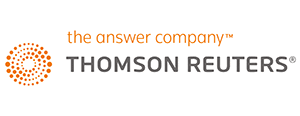Accepted Papers
- Home /
- Accepted Papers /
Large-Scale Learnable Graph Convolutional Networks
Hongyang Gao (Washington State University); Zhengyang Wang (Washington State University); Shuiwang Ji (Washington State University)
Convolutional neural networks (CNNs) have achieved great success on grid-like data such as images, but face tremendous challenges in learning from more generic data such as graphs. In CNNs, the trainable local filters enable the automatic extraction of high-level features. The computation with filters requires a fixed number of ordered units in the receptive fields. However, the number of neighboring units is neither fixed nor are they ordered in generic graphs, thereby hindering the applications of convolutional operations. Here, we address these challenges by proposing the learnable graph convolutional layer (LGCL). LGCL automatically selects a fixed number of neighboring nodes for each feature based on value ranking in order to transform graph data into grid-like structures in 1-D format, thereby enabling the use of regular convolutional operations on generic graphs. To enable model training on large-scale graphs, we propose a sub-graph training method to reduce the excessive memory and computational resource requirements suffered by prior methods on graph convolutions. Our experimental results on node classification tasks in both transductive and inductive learning settings demonstrate that our methods can achieve consistently better performance on the Cora, Citeseer, Pubmed citation network, and protein-protein interaction network datasets. Our results also indicate that the proposed methods using sub-graph training strategy are more efficient as compared to prior approaches.









































